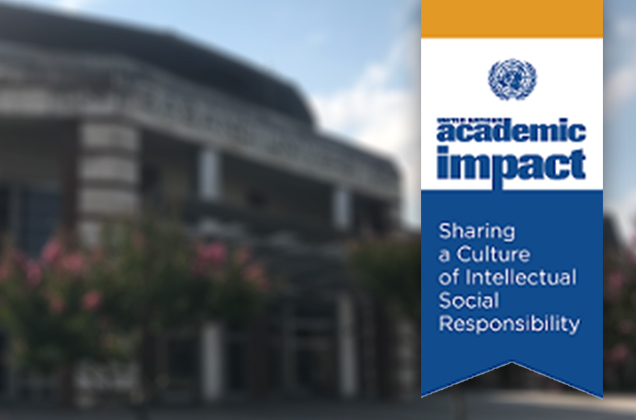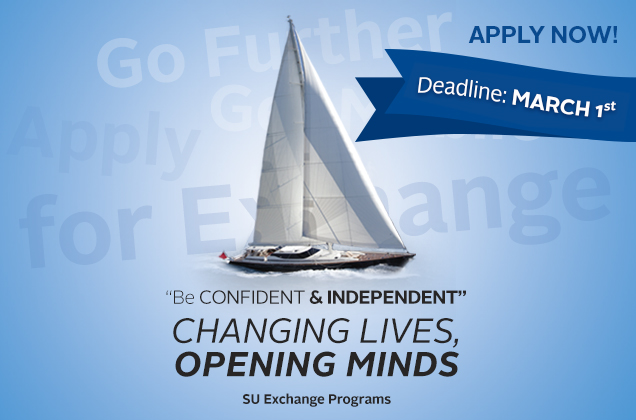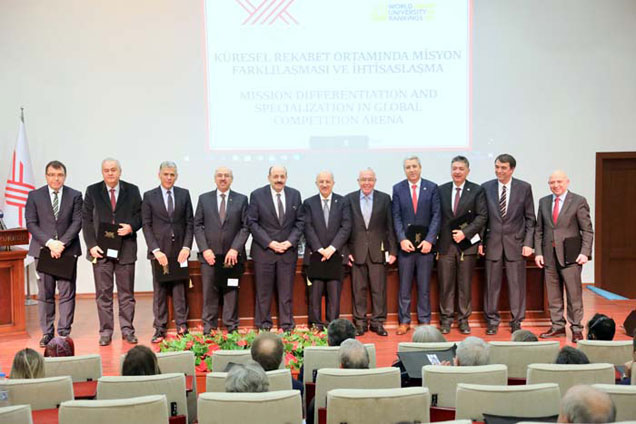15/02/2018
Sabancı University Istanbul Policy Center Climate Change Studies Coordinator and Senior Expert Ümit Şahin Reveals "Carbon Lock-in in Turkey" Report
Turkey still has considerable opportunities to avoid a deepening carbon lock-in

07/02/2018
Sabancı University Istanbul International Center for Energy and Climate (IICEC), which promotes exchange of ideas and developments in energy and climate areas, continues to host important figures from these fields. Robert McNally gave a seminar titled as "The Return of Boom Bust Oil Prices” at Sabancı University Minerva Palas in Karaköy.
02/02/2018
Sabancı University is now a member of the United Nations Academic Impact (UNAI)!
Sabancı University joined some 1200 institutions in more than 120 countries who are working with the United Nations to promote global priorities, including peace, human rights and sustainable development.

02/02/2018
Are you ready for Erasmus + and Global Exchange Applications for 2018-2019?
2018-2019 Academic Year Erasmus + and Global Exchange Programs application period started.
Online Application Starts: 05.02.2018 @9am – Ends: 01.03.2018 @4pm.
For eligibility, application rules, agreements list and other details, please click.

22/01/2018
Students who have Bachelor's, Master's or Doctorate diplomas or students enrolled at universities other than Sabancı University can apply to the courses offered by Sabancı University to participate as special students.
22/01/2018
The Turkish Council of Higher Education (YÖK) partnered with the London-based rankings institution QS to determine the global competitiveness of Turkish universities by subject. This was the first subject-based rankings compiled by QS for universities in Turkey.
